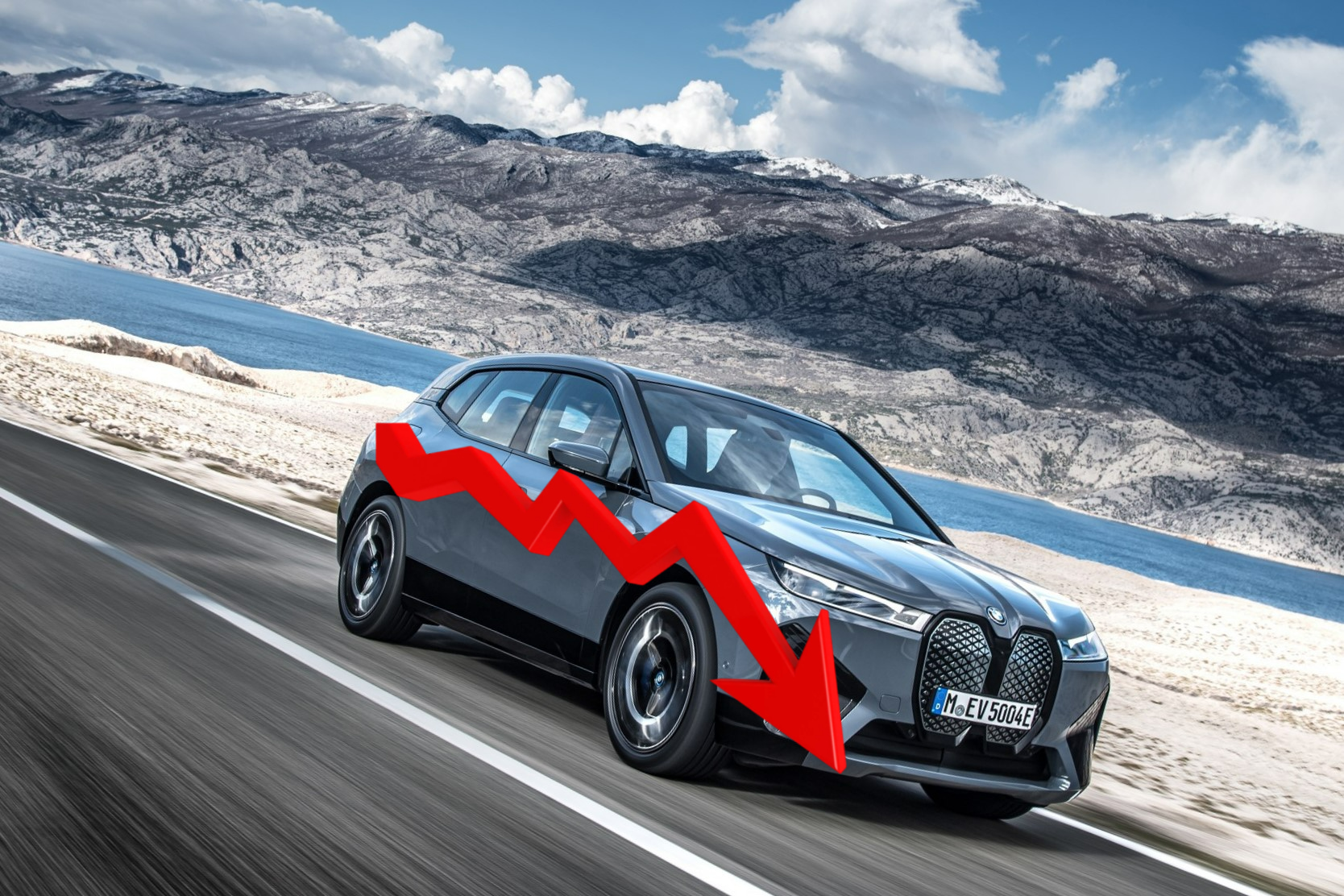The article is a typical clickbait with a bunch of questionable methods to strengthen its point:
1) Adds sales tax and fees to new car price but doesn't for secondary prices. As if you don't need to pay tax, registration, and fees on secondary/CPO market.
2) Rounds up new car prices, but uses precise prices for the used ones.
3) Completely ignores the ongoing lease promos and real-life discounts, often totaling over 20K.
4) Didn't mention some other benefits of owning a new car: warranty, maintenance plan, etc.
Taking these nuances into account, we'll see that:
Price for a new, base 2024 iX (lease with an option to buy out at any point) is around 71K, while similar used cars around 1-1.5 years old can be found for 62-64K. So, the car can be found 12% cheaper in used condition, but then it won't come with 2-4% lease financing, (admittedly very basic) service plan, and full 4 years of bumper-to-bumper manufacturer's warranty. You would also miss newer head unit, drive assist technology, and usually passenger seat massage. But you would also get a couple of things, such as double USB ports in the back seats and AWS in some trim levels.
This is a very different conclusion from what the article presents, using the same methodology and a little bit of knowledge of current prices. This can hardly support the idea that shopping on the secondary market is smart strategy. For reference, your typical 1 year depreciation is 20%, so a new iX still makes sense over a used one, pricing wise. Of course, if you can afford a new one.
Now, we know that in reality people who bought iX before summer of 2023 didn't have access to the same deals that we have now. Their cars in fact did lose a lot of value in a short period of time, but not as much as portrayed. They paid lower MSRPs and package prices, and should have been eligible for federal and state incentives worth many thousands of dollars. And of course, for better or worse, they decided to buy a car during a
historical peak in car prices, right at launch of a brand new model, when prices are always the highest due to scarcity, and exactly at the beginning of a severe economy downturn.
If you actually look into the numbers, BMW iX doesn't depreciate that much differently from any other comparable car. But just like with any other EV, the math is a little harder, and the incentives make it more ambiguous.

 www.autoevolution.com
www.autoevolution.com





